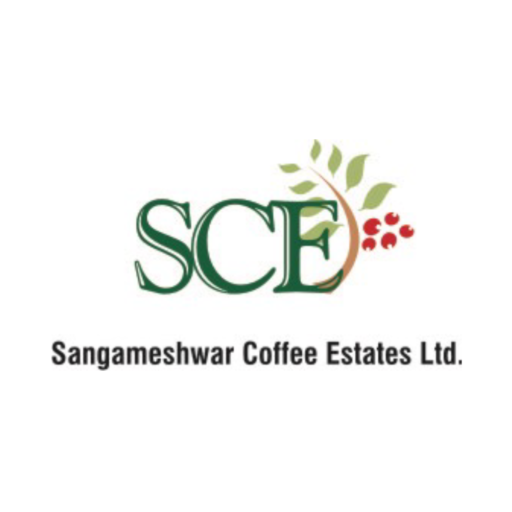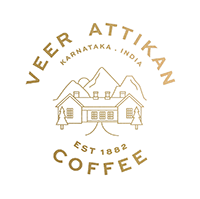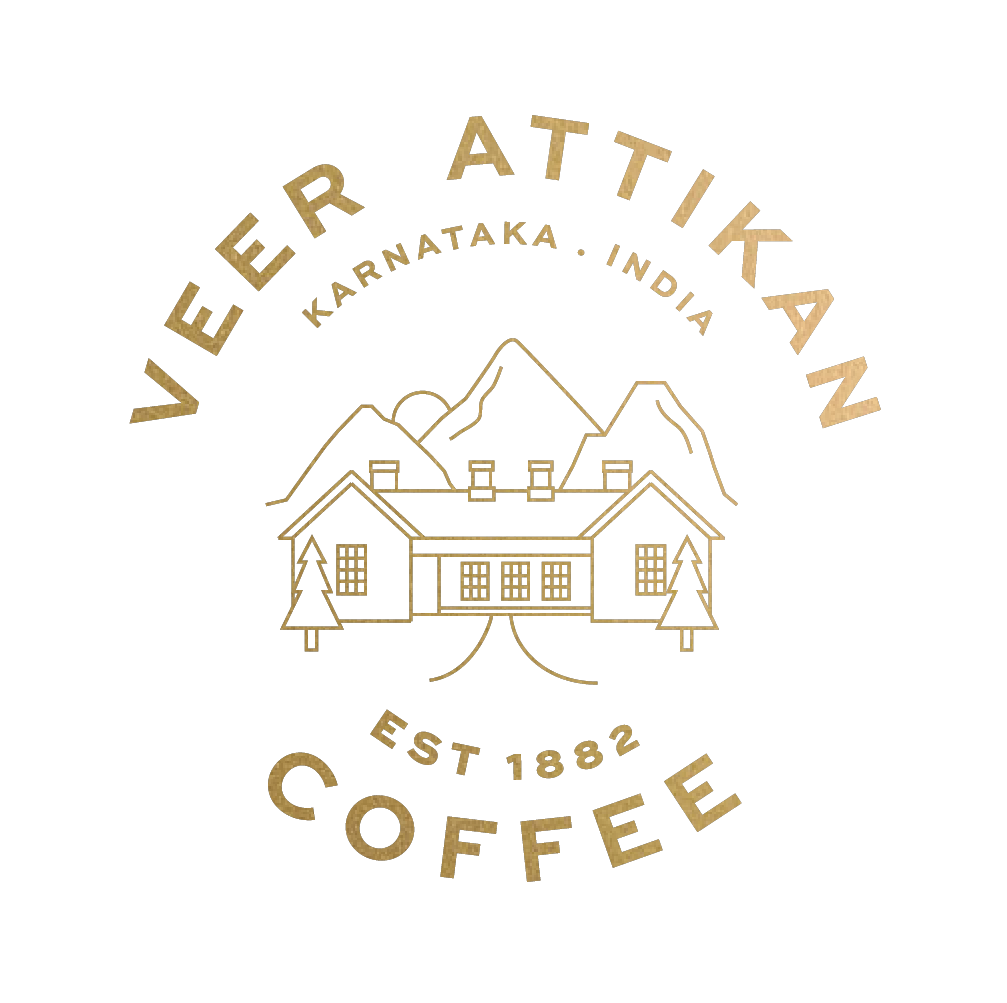1. Vermi Composting - Jeevanam
Vermicompost is the product of the decomposition process using various species of worms to create a mixture of decomposing vegetable or food waste, bedding materials, and vermicast. It is known as vermicomposting, while the rearing of worms for this purpose is called vermiculture.
Vermicast is the end-product of the breakdown of organic matter by earthworms. The excreta is shown to contain reduced levels of contaminants and a higher saturation of nutrients than the organic materials before vermicomposting.
Vermicompost contains water-soluble nutrients, nutrient-rich organic fertilizer & soil conditioner. It is used in gardening and sustainable initiatives for organic farming.
2. Coffee Husk Composting - Chilka
Coffee Husk Compost is the outer layer of coffee. Coffee husk and pulp are rich in organic matter and nutrients. A rich organic agricultural waste, and potassium were supreme materials for the composting process. Supplement 1% urea, 5% Thermo phosphate fertilizer, 10-20% animal manure and 0.1% effective microorganisms to improve the quality and reduce the time.
3. Cattle Manure Composting - Kamadenu
The use of cattle manure or cow dung in the garden is a popular practice in many rural areas. Composted cow manure can provide numerous benefits to the garden. It is made up of digested grass and grain. Cow dung is high in organic materials and rich in nutrients. It contains about 3% nitrogen, 2% phosphorus, and 1% potassium (3-2-1 NPK).
4. Agro Forestry - Vruksha
Agro forestry is regarded as a land-use system which integrates trees and shrubs on coffee lands. It enhances productivity, profitability, diversity and ecosystem sustainability initiatives.
Indian shade grown coffee helps farmers to be financially profitable and protect their environment to increase local biodiversity. It helps to improve the physical and chemical properties of the soil by making it rich in nutrients .
5. Regenerative Farming - Satva
We at Sangameshwar are committed to protecting our soil. Our cultivation process are compliant with RFA and UTZ Standards. We do not use harsh pesticides or chemicals, rather we use only sustainability initiatives.





